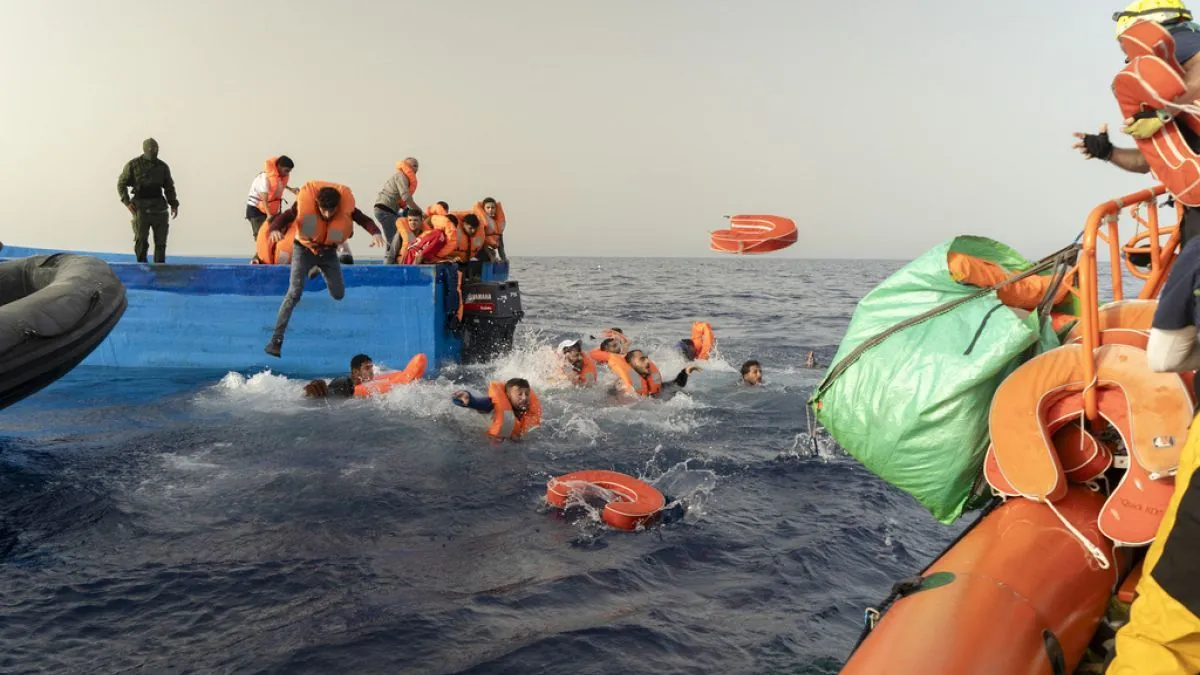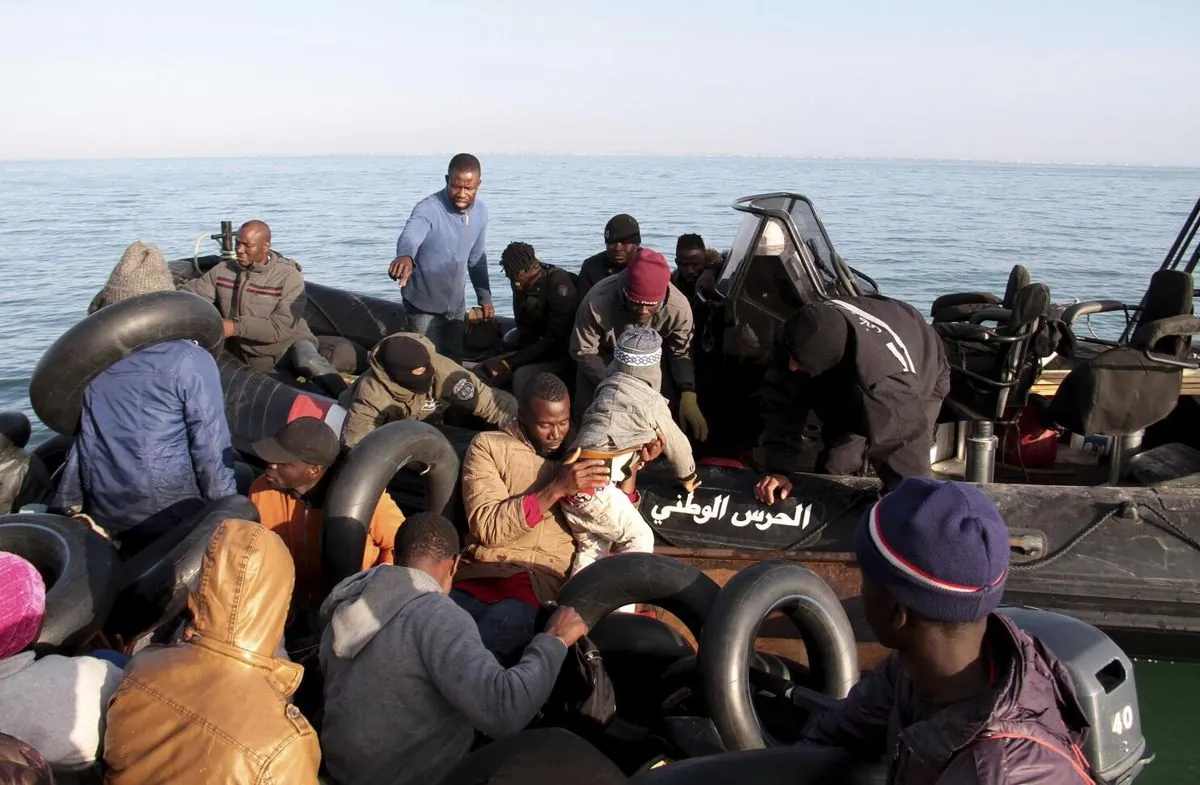Tragic Discovery: 12 Migrant Bodies Found Off Tunisian Coast
Tunisia's coast guard recovered 12 bodies, including three children, after a migrant boat sank near Djerba. The incident highlights ongoing challenges in curbing unauthorized Mediterranean crossings.

In a somber development off the Tunisian coast, authorities discovered the bodies of 12 migrants, including three young children, on September 23, 2024. This tragic incident underscores the persistent challenges faced by North African nations in their efforts to curb unauthorized Mediterranean crossings.
The Tunisian Coast Guard, established in 1963, reported that the victims were recovered following the sinking of a vessel near Djerba, the largest island in North Africa. The boat, carrying over 50 individuals, primarily Tunisians, encountered difficulties shortly after departing. Houssemeddine Jebabli, spokesperson for the National Coast Guard, confirmed that 29 survivors were safely brought ashore, while search operations continued for those still missing.
This incident is part of a broader pattern of perilous sea crossings in the region. Just five days earlier, 13 bodies of sub-Saharan African migrants were found near Mahdia, a coastal town with historical significance as the first capital of Fatimid Tunisia in the 10th century. Mahdia is situated approximately 140 kilometers from Lampedusa, an Italian island closer to Tunisia than to mainland Italy.
Tunisia, along with neighboring Libya, has long been a key departure point for migrants seeking to reach European shores. The Mediterranean Sea, covering an area of about 2.5 million square kilometers and home to roughly 17,000 species, has become a treacherous route for thousands attempting to reach Spain, Italy, Malta, and Greece annually.

The motivations driving these dangerous journeys are diverse, ranging from escaping poverty and conflict to fleeing the impacts of climate change and persecution. Migrants originate from various countries, some traveling from as far as Bangladesh to attempt the crossing.
Recent data from the Tunisian National Guard reveals the scale of the issue. From January to May 2024, authorities recovered 462 bodies and intercepted over 30,000 migrants off Tunisia's 1,148-kilometer coastline. While these numbers are significant, they represent a decrease from the same period in 2023, when 714 bodies were recovered and nearly 22,000 migrants were intercepted.
The reduction in crossings can be attributed to increased efforts by Tunisia, with support from European nations, to enhance maritime patrols. FRONTEX, the European Union's border and coast guard agency established in 2004, noted that preventive measures taken by Tunisian, Libyan, and Turkish authorities have contributed to the decline in Central Mediterranean crossings.
However, as security tightens in the Mediterranean, there has been a noticeable shift in migration routes. The Canary Islands, an autonomous community of Spain in the Atlantic Ocean, have seen a spike in migrant arrivals as an alternative entry point to continental Europe.
Despite the overall decrease, the human cost remains high. The United Nations High Commissioner for Refugees (UNHCR), founded in 1950, estimates that at least 1,000 migrants die or go missing at sea each year. The Tunisian Forum for Economic and Social Rights, established in 2011, reported even higher figures, counting over 1,300 dead or missing off Tunisia in 2023 alone.
The situation has also led to challenges within Tunisia itself. As fewer migrants successfully reach Europe, many find themselves stuck in transit along the Tunisian coast. Thousands of individuals hoping to make the crossing now reside in makeshift encampments on the outskirts of Tunisian cities, leading to increased tensions between migrants, local communities, and security forces.
As Tunisia, the northernmost country in Africa with a population of approximately 12 million, continues to grapple with these complex issues, the international community faces the ongoing challenge of balancing border security with humanitarian concerns in the Mediterranean region.


































